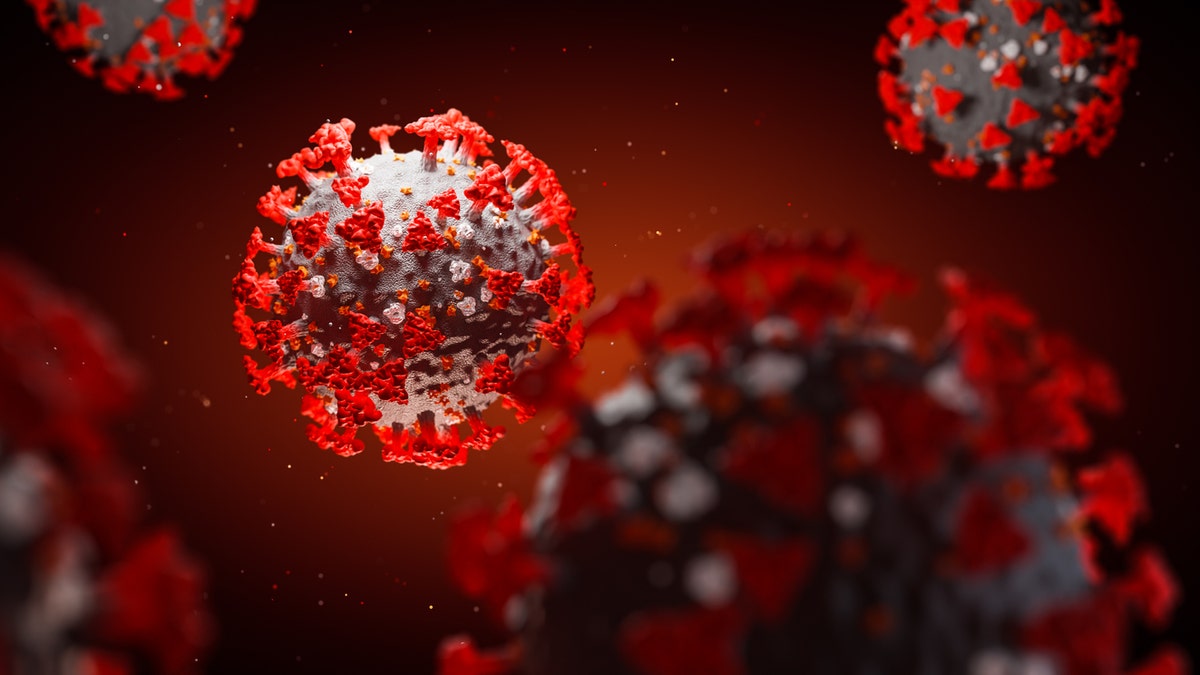Biden: There shouldn’t be a second debate if Trump still has coronavirus
President Trump tweets he is ‘looking forward’ to the second presidential debate; reaction from ‘Outnumbered.’
An HIV drug combination was found to be ineffective in treating hospitalized coronavirus patients, according to a new study.
In a large, randomized trial in the U.K., researchers saw no significant difference in improval of 28-day mortality, among other measures, in patients receiving lopinavir-ritonavir versus those receiving usual standard care.
Findings stemmed from the RECOVERY trial, which is testing a range of potential coronavirus treatments in 176 hospitals across the U.K. The results were published in The Lancet on Monday.
The combination was suggested as an antiviral treatment against COVID-19 because the drugs inhibit the action of an enzyme called a protease that both HIV and coronavirus need to make an infectious virus.

An HIV drug combination proved ineffective in treating hospitalized coronavirus patients, according to a new study. (iStock)
THE CORONAVIRUS CAN SURVIVE ON SKIN FOR THIS MANY HOURS, STUDY SUGGESTS
The lopinavir–ritonavir study randomly allocated 1,616 patients to the experimental group (administered 400 mg and 100 mg tablets, respectively, for 10 days or until discharge) while 3,424 patients received usual care alone.
“Overall, 374 (23%) patients allocated to lopinavir–ritonavir and 767 (22%) patients allocated to usual care died within 28 days,” the authors wrote, adding, "These findings do not support the use of lopinavir–ritonavir for treatment of patients admitted to hospital with COVID-19."
A previous study on the drug combination reached the same conclusion: it showed no benefit to taking the drugs. That trial, conducted in Beijing, involved 199 people severely ill with pneumonia caused by COVID-19. Researchers randomly assigned some to get the medications, lopinavir and ritonavir, plus standard care; others received standard care alone.
CORONAVIRUS OUTBREAK AT VERMONT APPLE ORCHARD SICKENS DOZENS OF MIGRANT WORKERS
However, the authors from the RECOVERY trial criticized those findings, saying “the trial was too small to rule out the possibility of clinically relevant benefits and commentators recommended larger randomized trials to confirm or refute the lack of effect.”
“Although the lopinavir–ritonavir, dexamethasone, and hydroxychloroquine groups have now been stopped, the (RECOVERY) trial continues to study the effects of azithromycin, tocilizumab, convalescent plasma, and REGN-CoV2,” authors wrote.
The authors also mentioned that the drug combination previously "has been recommended as a first-line or second-line" treatment for COVID-19 in many countries, and since the trial's preliminary results were publicized on June 29, the World Health Organization (WHO) also stopped groups in their SOLIDARITY trial on the drug combination due to lack of benefit.
Fox News' Christopher Carbone contributed to this report.








































